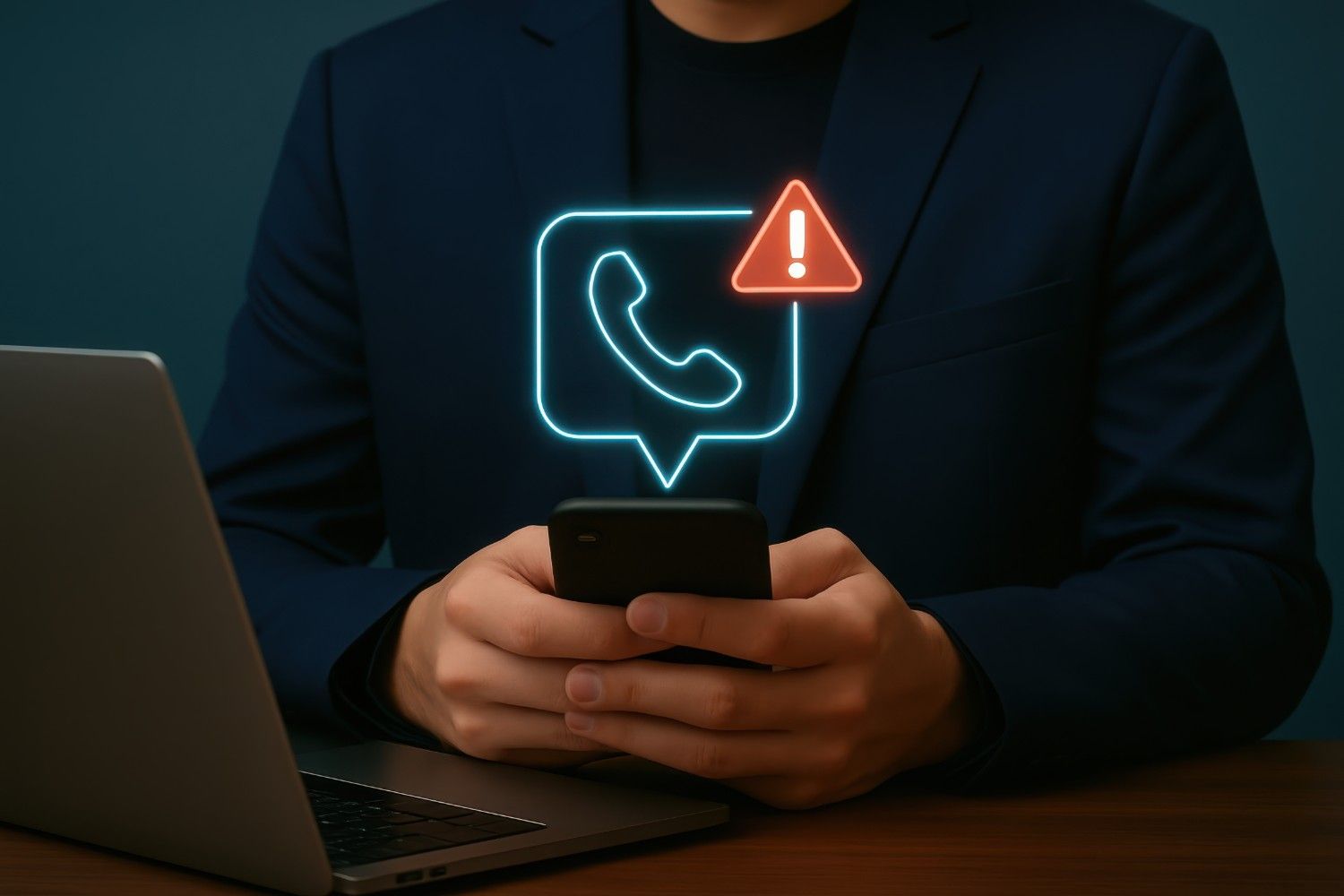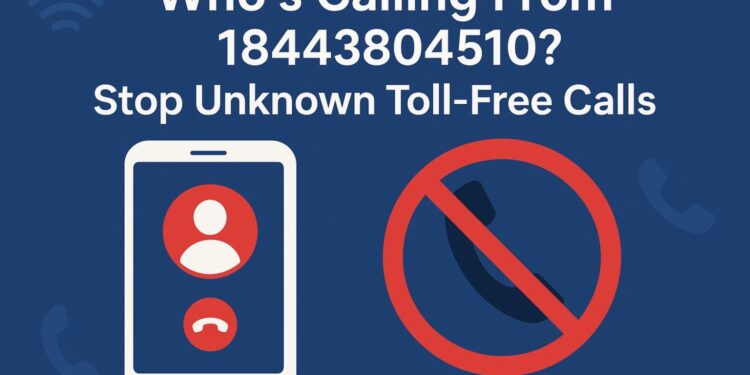If you’re seeing 18443804510 pop up on your screen over and over, I’ve been there. The first time I got a call from this toll-free number, I hesitated. I don’t answer unknown callers, but curiosity tugged at me—what if it’s important? After a little digging (and more than a few calls at odd hours), I learned how to figure out who’s behind numbers like this and what steps actually protect you.
What is 18443804510 and why does it look different?
Let’s decode the format first. 18443804510 is typically displayed as 1-844-380-4510, which uses the 844 toll-free prefix. Toll-free prefixes (800, 888, 877, 866, 855, 844, 833) are designated for callers so the person or business you’re calling pays the charge, not you. That 844 code doesn’t point to a city—just to a toll-free service within North America.
Now, toll-free doesn’t automatically mean “scam.” Plenty of banks, automakers, and service providers use these numbers. But it also doesn’t prove legitimacy, which is why a quick verification routine is worth your time.

Who’s reported calls from 18443804510?
Crowdsourced call-report sites show a consistent theme: some users say 1-844-380-4510 claimed to be Kia Finance/Kia Motors Finance about payments, while others flagged suspicious debt-related scripts or frequent repeat calls. Reports like these are useful signals, not proof. Treat them as starting points and verify through official channels before acting.
Is 18443804510 a scam or a legit billing call?
It can be either—here’s how I tell the difference without guessing:
- Check an official website, not a link in a text or voicemail. If the caller claims a brand (say, an automaker’s finance arm), use the company’s published contact page and call them back on that number, not the one that called you. Financial institutions maintain current phone lists for verification.
- Match details they “should already know.” Your lender typically won’t demand full SSNs or bank details out of the blue. If the caller pushes for sensitive data or payment via gift cards, crypto, or wire, that’s a red flag.
- Remember toll-free basics. Toll-free status alone doesn’t confer trust—many scams spoof toll-free caller IDs because they look official. Validate first, pay later.
How do I handle repeated or aggressive calls from 18443804510?
Start with a calm, repeatable script. I keep it simple: “Please send details in writing to the address you have on file.” If a legitimate creditor or collector is involved, they should accommodate documentation via official channels. For debt-style calls, ask for the company name, mailing address, and written validation. Don’t confirm or share personal numbers, SSNs, or banking details on an incoming call. If you suspect a spoof or pressure tactics, hang up and initiate contact through the brand’s verified website.

What are the safest verification steps for 18443804510?
- Call back using an official number. Navigate to the brand’s website (typed manually) and find the billing/finance contact. If they confirm the outreach, you’re good to proceed through their site or app.
- Check multiple reputation sources. Look up 1-844-380-4510 on a few call-report platforms. Consistent reports over time can reveal patterns (e.g., debt reminder vs. phishing pitch).
- Know your rights. If a third-party debt collector is calling, federal and state rules limit harassment and misleading claims; document call times and content in case you need to escalate. Consumer attorneys often track specific numbers and outline options for stopping unlawful contact.
Could 18443804510 be Kia Finance—or just a spoof?
Reports tie 1-844-380-4510 to Kia finance-related messaging for some users, but spoofing happens. That’s why the safest move is to log in to your official auto-finance portal or use the customer-service phone listed there, then ask whether your account needs attention. Don’t rely on a voicemail callback request alone.
What should I do if I actually owe money?
If the call aligns with a real account:
- Pay only through official channels. Use your lender’s site/app or the number from their contact page.
- Request a statement. Confirm the amount due, due date, fees, and last payment posted before you pay.
- Set alerts. Email/SMS alerts through your lender help you avoid surprise “late” calls later.
If the debt sounds unfamiliar:
- Ask for validation in writing. A legitimate collector should provide details.
- Check your credit reports for related tradelines or errors you can dispute.
FAQ: Quick answers people actually search for
1. Is 18443804510 a scam or legit?
It can be a legitimate billing/reminder line or a spoof. Multiple users report Kia finance-style messages, but you should still verify via the brand’s official website or app before sharing any information or making payment.
2. Why does 18443804510 keep calling me?
If legit, it may be an automated payment reminder or a servicing call tied to an auto-finance account. If not, it could be phishing or a mis-labeled debt call. Don’t engage on the inbound call—hang up and contact the company through their published customer-service number.
3. How can I stop calls from 18443804510?
First, confirm whether it’s your lender. If yes, bring your account current or adjust communication preferences within your account portal. If it isn’t legit (or it’s a third-party collector violating boundaries), document calls and consider filing complaints or seeking consumer-law guidance.
4. What does the 844 area code mean?
It’s simply toll-free—no geographic location. Many businesses use 844 numbers for customer contact, and scammers spoof them because they look official. Always verify independently.
5. How do I safely pay if 18443804510 says I’m overdue?
Never pay through a link in a text or by reading card details to an unexpected caller. Instead, sign in to your official account portal or call the number listed on the company’s website to make the payment there. If the caller refuses to let you do that and demands payment on the spot, consider it a red flag and disengage.
Final call (pun intended): Should you answer 18443804510?
If 18443804510 rings again, answer only if you’re prepared to collect info, not give it. Ask for the company name and a case/reference number, then hang up and call back using the brand’s verified contact page. That one habit has saved me time, money, and stress. Toll-free numbers are tools—use them on your terms, and you’ll stay in control.










